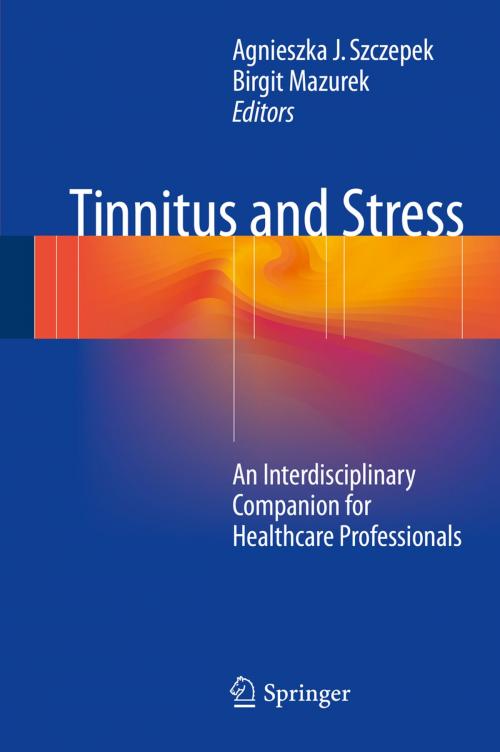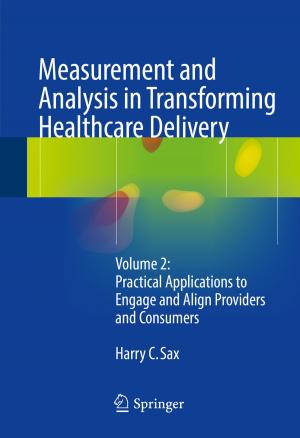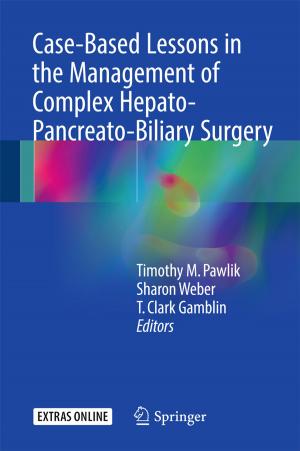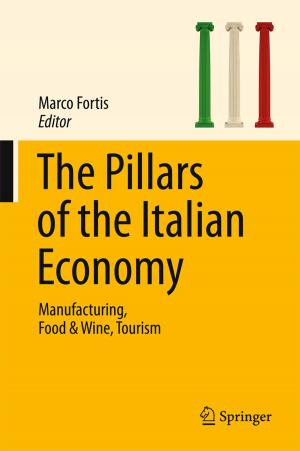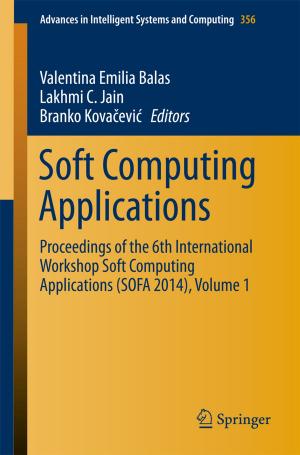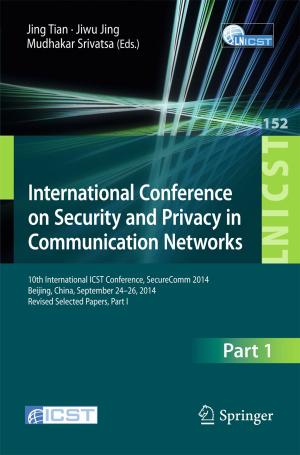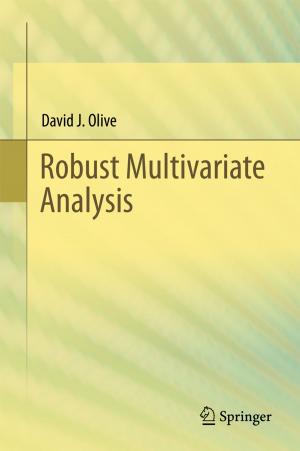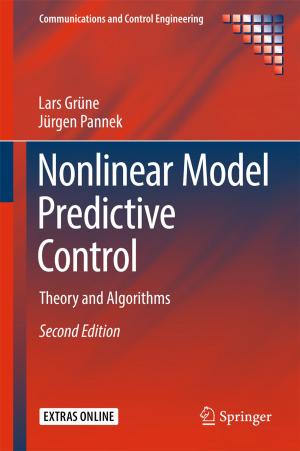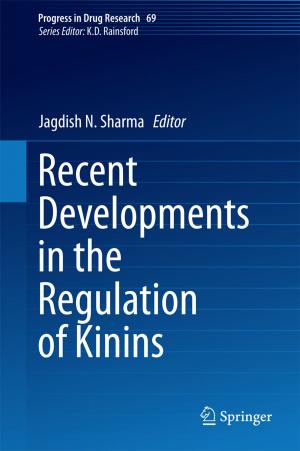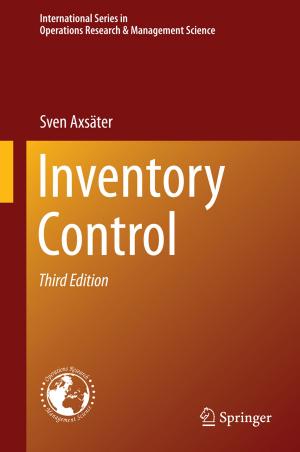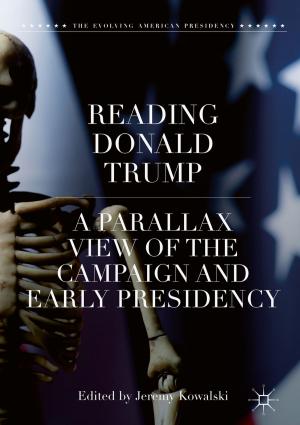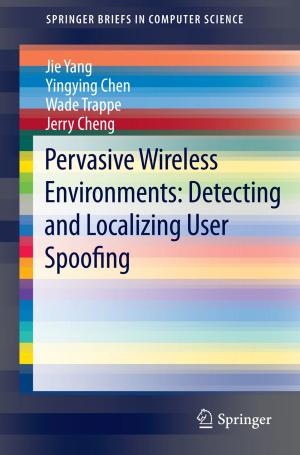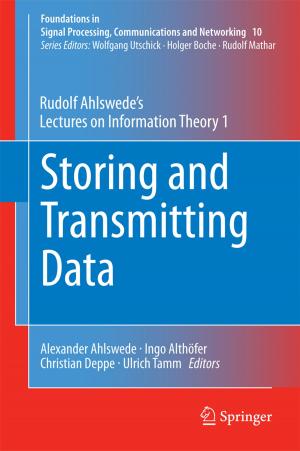Tinnitus and Stress
An Interdisciplinary Companion for Healthcare Professionals
Nonfiction, Health & Well Being, Medical, Specialties, Otorhinolaryngology, Psychology, Psychotherapy| Author: | ISBN: | 9783319583976 | |
| Publisher: | Springer International Publishing | Publication: | August 7, 2017 |
| Imprint: | Springer | Language: | English |
| Author: | |
| ISBN: | 9783319583976 |
| Publisher: | Springer International Publishing |
| Publication: | August 7, 2017 |
| Imprint: | Springer |
| Language: | English |
This book provides up-to-date scientific information on the pathways by which psychosocial stress can affect the auditory system and describes current approaches to the management of patients with stress-related tinnitus. The latest evidence is presented on aspects such as the role of stress hormones in auditory function, the effects of allostatic load, circadian sensitivity to auditory trauma, and the association between stress-related biomarkers and tinnitus. The clinically oriented chapters discuss psychometric instruments of value in the tinnitus clinic and present stress-related tinnitus treatment protocols and outcome measures.
It is widely acknowledged that the tinnitus percept acts as a stressor. However, it is also now evident that psychosocial stress can play a causative role in tinnitus and that the impact varies according to the level, duration, and quality of the stress. Assessment of the types and levels of stress in tinnitus patients before, during, and after treatment is therefore very important. Healthcare professionals attending tinnitus patients will benefit from the information that this book provides on the relationship between tinnitus and stress and from the practical guidance that it offers.
This book provides up-to-date scientific information on the pathways by which psychosocial stress can affect the auditory system and describes current approaches to the management of patients with stress-related tinnitus. The latest evidence is presented on aspects such as the role of stress hormones in auditory function, the effects of allostatic load, circadian sensitivity to auditory trauma, and the association between stress-related biomarkers and tinnitus. The clinically oriented chapters discuss psychometric instruments of value in the tinnitus clinic and present stress-related tinnitus treatment protocols and outcome measures.
It is widely acknowledged that the tinnitus percept acts as a stressor. However, it is also now evident that psychosocial stress can play a causative role in tinnitus and that the impact varies according to the level, duration, and quality of the stress. Assessment of the types and levels of stress in tinnitus patients before, during, and after treatment is therefore very important. Healthcare professionals attending tinnitus patients will benefit from the information that this book provides on the relationship between tinnitus and stress and from the practical guidance that it offers.
